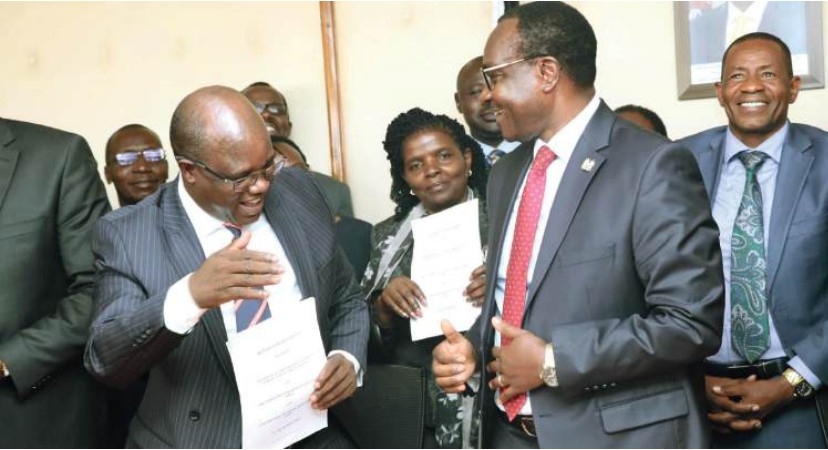In the pursuit of inclusive and equitable education, the implementation of robust monitoring and evaluation systems emerges as a pivotal strategy. This is especially so in marginalised areas, where access to quality education is often limited. Therefore, there's the need for effective tracking of progress becomes imperative.
This article delves into the significance of such systems in supporting academic progress among students in these underserved communities.
Marginalised areas, characterised by socioeconomic disparities, inadequate infrastructure and limited resources, face unique challenges in providing quality education.
Despite efforts to bridge the gap, disparities in academic achievement persist, perpetuating cycles of poverty and inequality. However, with the establishment of comprehensive M&E systems, the government can understand better the dynamics of educational outcomes and tailor interventions to meet the specific needs of marginalised students.
One of the primary benefits of robust M&E systems is their ability to provide policymakers and educators with timely and accurate data on student performance and educational practices.
By systematically collecting and analysing data on various indicators such as enrolment rates, attendance, dropout rates, and academic achievement, stakeholders can gain valuable insights into the effectiveness of existing programs and identify areas for improvement.
Moreover, M&E systems facilitate evidence-based decision-making, enabling governments to allocate resources more efficiently and effectively. By identifying successful interventions and scaling them up while discontinuing ineffective practices, policymakers can optimise the impact of education investments and ensure that resources are directed towards initiatives that yield tangible results.
In marginalised areas, where resources are often scarce, the need for targeted interventions is particularly critical. Robust M&E systems enable policymakers to identify marginalised students who may be at risk of falling behind academically and implement targeted support mechanisms to address their needs. This could include initiatives such as remedial classes, tutoring programmes and psychosocial support services aimed at fostering academic success and well-being.
Furthermore, M&E systems play a crucial role in promoting accountability and transparency within the education sector. By publicly reporting on key performance indicators and outcomes, governments can enhance accountability mechanisms and ensure that educational resources are used efficiently and equitably. This fosters greater trust and confidence in the education system among stakeholders, including students, parents, and the wider community.
Importantly, robust M&E systems help to close the feedback loop between policymakers, educators and communities, fostering a culture of continuous improvement.
By regularly monitoring progress and soliciting feedback from stakeholders, governments can adapt policies and programs in real-time to better meet the evolving needs of marginalised students. This process of reflection and adaptation is essential for driving sustainable improvements in academic outcomes over time.
In conclusion, the implementation of robust monitoring and evaluation systems is indispensable in supporting academic progress among students in marginalised areas.
By providing policymakers and educators with actionable data, facilitating evidence-based decision-making, and promoting accountability and transparency, these systems empower governments to address the root causes of educational disparities and ensure that all students have access to quality education.
Moving forward, investing in the development and strengthening of M&E capacities should be a top priority for the government committed to achieving inclusive and equitable education for all.
Communication specialist
















![[PHOTOS] How ODM@20 dinner went down](/_next/image?url=https%3A%2F%2Fcdn.radioafrica.digital%2Fimage%2F2025%2F11%2F99d04439-7d94-4ec5-8e18-899441a55b21.jpg&w=3840&q=100)
